A life worth less than $20? Black lives and a child’s tranquility and innocence worth less than $5? A broken shoulder worth less than $13.88?
Americans, despite being the richest people on earth, are also its poorest, precisely because they attach so much value to property that it brings out brutal excesses from their law enforcement and legal system.
Consider: George Floyd lost his life on account of a $20 bill. A woman suffering from dementia had her shoulder broken by the Colorado Police for having walked out of a Walmart store without paying for $13.88 of merchandise. A 4-year-old child saw her parents being violently arrested because she walked out of a store with a doll probably worth less than five dollars.
Ecstatic though I was when hearing of the verdict in the George Floyd case–a verdict that, despite the brilliance of the prosecution’s case, the sheer power and abundance of the evidence, and the awesome competence of the expert witnesses, was not something I had given more than a 50-50 chance, given that, despite 1,000 shootings every year, only seven officers have been convicted since 2005—sadly, many more George Floyds will be killed, and in the staggering majority of these incidents, their families will not be lucky enough to marshal this kind of prosecutorial determination, integrity, resources, brilliance, and integrity. Thus most other Derek Chauvins will be free to commit their crimes with impunity and be the enforcers of a white racist establishment.
Much of this has been written about brilliantly: but one aspect that may not have received adequate attention is the relatively low value that we give to human life and human dignity compared to the sanctity we accord property or ownership—which in my value system is trivial compared to human life and dignity.
So here, without any further puttering around, is my proposal: Would it be possible, as an act of conscious reparation for past U.S. policies that have for nearly two centuries brutally mistreated, incarcerated, and killed black people (with around 200 years of slavery preceding that), for the Justice Department to issue a blanket country-wide policy prohibiting arrests or criminal records for petty crimes (if they can even be called crimes—the possession of marijuana, or selling cigarettes without a license), or for any financial “misdemeanor” involving sums below $200? And even when the amount involved is larger, to give the persons who have been “caught” (unlike much bigger thieves like the European colonialists or tax-cheating Donald Trump) an alternative way to repay what they owe. Or better still, if you are big enough or rich enough, as the Walmart-owning Walton family is: just let them have it. “If you need this doll/cigarette/candy so badly, please take it with our compliments, we won’t shame you, let alone arrest you, let alone kill you, let alone crush your head under a brute’s knees.” This should not be an impossible ideal for the richest country in world history. Let billionaires and the less wealthy soft-hearted establish philanthropic funds that compensate smaller stores for the small losses suffered by them in this process. There are far more precious things in life than money and profit: life, for example. All of the above are especially deserving of consideration when the “crime” occurs on land stolen from the Indians and by descendants of slaves who were brought to America in chains, and who are still owed so much by white America.
And consider, besides the moral benefits, the practical benefits of such an enlightened approach: consider what it costs society to arrest a person for a petty misdemeanor and to sentence them to jail, even if there was never a physical struggle? Probably $25,000 on average for a single person sentenced to 30 days in jail: the cost of the prison establishment, the time spent by the judicial system on each case, and then the harshness that is an American jail sentence, and the trauma that this person undergoes all through his life: all this expenditure over a $20 bill? What is $20, or even 10 million twenty-dollar bills, compared to the trillions spent to bail out America’s “Too Big to Fail” companies and banks?
And how could this tragedy and this harshness—which most of my European and non-American friends find incomprehensible—even have been possible? Only because we have taken it for granted: The ease with which a cop can draw a gun – no, the ease with which multiple cops can draw guns on someone accused of such a piddling petty “crime” of passing on a fake $20 bill … merely $20 … it has shaken me. It also shook the the young black store clerk who originally reported the incident to his manager (who called the police), and who had never expected it to result in death, and would have paid from his own salary had he foreseen this. Disproportionate force, wildly disproportionate consequences for black people: how wrong, how wrong, how twisted, how wrong. (And yet, would I have said the same had I grown up in the U.S., instead of in India, and had I been a businessman? If so, where does the fault lie?)
Yet another disturbing case I read of some months back: When Phoenix, Arizona, police arrested the parents of a 4-year-old black girl who had picked up a doll at a dollar store without paying for it (why do stores have to place those dolls within the reach of little girls, instead of on a higher shelf? In her place, I might have done the same thing, not knowing that that my action could result in someone’s death, possibly my father’s or mother’s). Didn’t one of these police officers stop to consider: What’s this about? A $5 doll in a country with hundreds of millions of dolls? We arrest the parents of two little kids? But even more disturbing, to me, is the Sky News version; “Alerted by other shoppers, the storekeeper called the police …” [https://youtu.be/mwzANgFp0so] Did these other shoppers have souls? Did the storekeeper have a daughter? What’s wrong with these people?
The same principle of valuing property far more than human dignity and compassion was at operation in the brutal manner in which the 73-year-old Colorado woman (white, but suffering from dementia) was treated by the police for walking out of a store with $13.88 worth of merchandise. Did they tried to understand her mental state? Is it possible that the person who engages in a property crime (as opposed to a violent crime) is suffering from emotional pain, a feeling of being a victim of injustice, or some personal loss, and is therefore temporary blinded as to the grave consequences of his or her actions? Isn’t it true that society often lets the rich and the powerful get away with far bigger property crimes while disproportionately punishing the poor? And are the police meant to be the servants of the rich masters of the universe, of the propertied and the corporations, and the enforcers of a white supremacist social order?
Every individual human being has a different story, and you can only know what it is to be them if you are in their shoes, inside their bodies and heads, 24 hours a day, 7 days a week. A person can look all normal outside, but be broken inside: let’s say a loss of love, a divorce, separation from young and dearly loved children, financial disaster, loss of a job or a career to a robot, being a victim of a crime, of drugs, of psychoactive prescription drugs that make you a different person and a stranger to society and social norms. Just as we donate food and medicines and cash to a people who have been hit by a hurricane or earthquake or other natural disaster, why not have stores where there is a separate section, a Milk of Human Kindness section, where those unable to pay can pick up free milk, bread, cookies, vegetables, and hamburgers? It’s a lot more civilized than arresting a poor Mom for walking out of a 711 for walking out with a gallon of milk. And, while people caught committing petty “thefts” should never be arrested by the police, any response team should include a social worker, psychologist, crisis intervention counselor, or psychiatrist, and maybe just a kind, generous human being.
Of course, given the state of things at the moment, we should be grateful for small mercies: I’m so, so grateful that the police, in their infinite wisdom, didn’t shoot the little girl—who, after all, was the real culprit—dead.
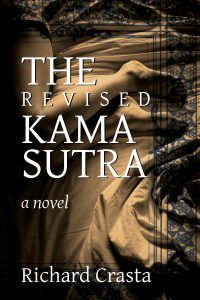
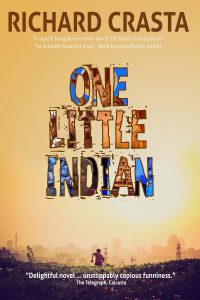
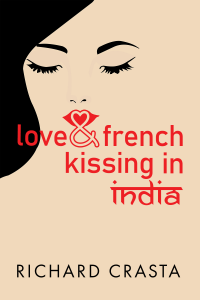
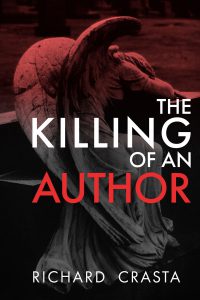
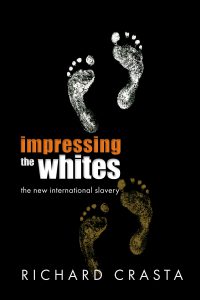
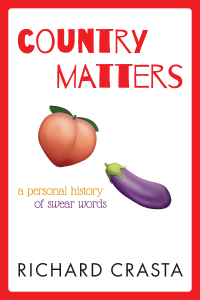

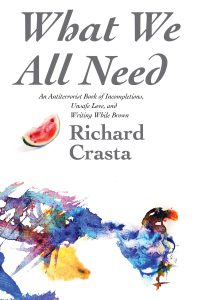
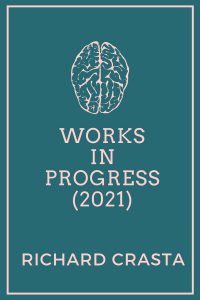
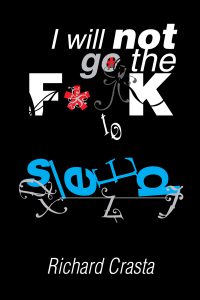
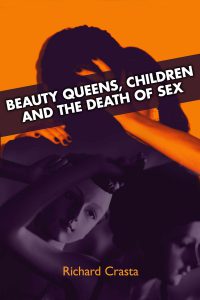
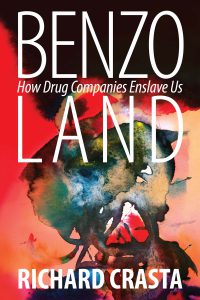
Ralph Nazareth
April 28, 2021 - 10:02 pm ·Richard, you’ve put your finger on the deeply rotten state of affairs in the U.S. I agree with you completely, and I hope right-thinking people in this country help summon the “better angels of our nature” so that we can all begin to breathe at last!